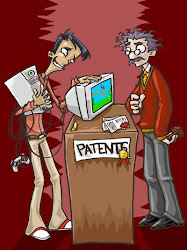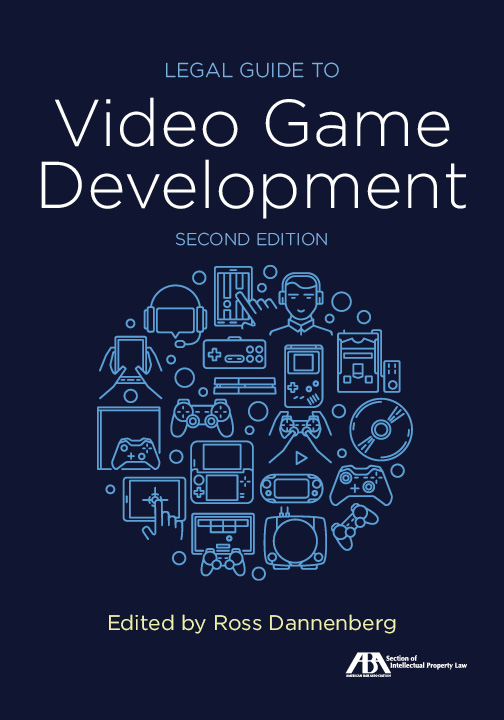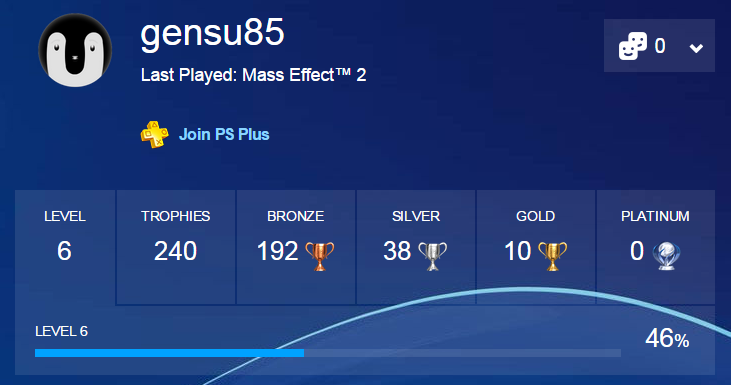U.S. Patent No. 7,657,477: Gaming system providing simulated securities trading
Issued February 2, 2010, to SummaLP Applications, Inc.
Summary:
The ‘477 patent may be interesting to anyone who took a business course in college. The invention describes a game where the user can trade virtual stocks based on real-world market prices. Players have the option of either opening or closing a long position in the stock or opening or closing a short position in the stock. Based upon the decisions the user makes, a financial report is continuously updated and can be printed off and viewed at any time. This invention allows a series of users (a class, for example) to join together and enter into the financial game competing against each other. The teacher, at the end of the year, can tally all the financial information to see who made the most profitable decisions.
Abstract:
A trading game allows players to engage in trading based on real-world prices of real-world securities. Simulated positions of real-world securities in player portfolios may be opened and closed in accordance with instructions provided by each player. The performance of each player may be tracked relative to an index. A tradescreen may be generated for displaying current financial information of a portfolio of a player and for entering hypothetical data to produce revised financial information. The hypothetical data may be submitted to update the portfolio of the player.
Illustrative Claim:
1. A method for operating a gaming system on a computer system having a server and at least one computer, the method comprising: opening and closing simulated positions of real world securities in simulated securities portfolios for a plurality of players in accordance with instructions provided by each of the plurality of players; tracking by the server or the at least one computer performances of the simulated securities portfolio of each of the plurality of players relative to one of 1) performances of the simulated securities portfolios of the other players, and 2) one or more of a securities index; maintaining a portfolio database in the server for the simulated securities portfolios for each of the plurality of players, wherein each simulated securities portfolio has current financial information associated with the respective simulated securities portfolio; receiving a request for a tradescreen from a requesting player of the plurality of players; and generating the tradescreen based on the portfolio database of the server for the requesting player for display on a computer of the requesting player, the tradescreen for displaying the current financial information for the simulated securities portfolio of the requesting player and for calculating and displaying revised financial information for the simulated securities portfolio of the requesting player, the tradescreen for entering proposed data comprising one of a proposed trade and a proposed transfer of the simulated positions of real world securities, the tradescreen for allowing the requesting player to determine if the proposed data entered into the tradescreen would produce one of a first type of result and a second type of result; providing an interface on the tradescreen for enabling the requesting player to submit the transaction corresponding to the proposed data entered into the tradescreen to update the portfolio database in the server with the revised financial information for the simulated securities portfolio of the requesting player in an event the requesting player determines that the proposed data would produce the first type of result; and updating the portfolio database in the server with the revised financial information for the simulated securities portfolio of the requesting player upon the requesting player submitting the transaction; wherein the revised financial information for the simulated securities portfolio of the requesting player is based on the proposed data entered into the tradescreen and the current financial information for the simulated securities portfolio of the requesting player.








